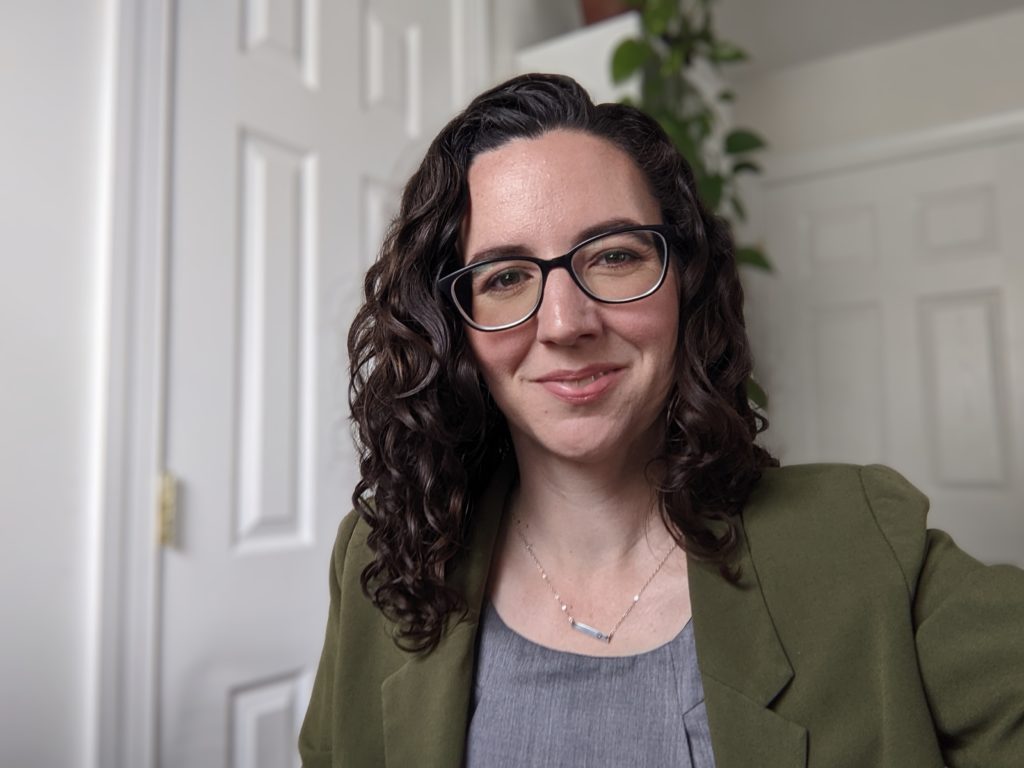
Elaine K. Ng
Multidisciplinary artist Elaine K. Ng returned to Winterthur this summer to complete her Maker-Creator Fellowship interrupted in 2020 by the onset of the pandemic. Ng’s practice uses material investigation, writing, and research to examine our relationships to place. Her work explores the physical and psychological structures of site, microhistories carried through objects, and meanings imbued in material and pattern.
While at Winterthur, Ng furthered her project “But Where Are You Really From? An Ecological Fingerprint of Place” that considers the ecology of natural and built environments as evolving repositories of information that contribute to the complex identify of a place. Ng collected a variety of plant specimens from our grounds through consultation with members of the institution’s garden staff, then utilized wet lab space in our paintings conservation lab for the duration of her two-week fellowship to create pigment extractions, or “fingerprints of place” from these specimens that will be used in the upcoming installation.
Ng holds an MFA from the Cranbrook Academy of Art and has been a Fulbright Fellow for research in Taiwan. Her guest artist residencies include the Djerassi Program and, most recently, at the Corning Museum of Glass.

Short-Term Research Fellow, 2022-23. Photo courtesy of Carla Cevasco.
Dr. Carla Cevasco
Dr. Carla Cevasco is in residence at Winterthur this summer as she conducts research for her second, book-length project, Feeding Children in Early America, an outgrowth of her recently published book, Violent Appetites: Hunger in the Early Northeast (Yale University Press, 2022).
This new project investigates the feeding of children, as prescribed and practiced, across various cultures in early America from the 17th to 19th centuries. Dr. Cevasco’s research reveals that the peoples of the newly independent United States cultivated a national cuisine idealized in the image of a white, middle-class mother feeding her child. That was not, however, the reality of how most children ate in early America. The array of people who participated in the feeding of children was much wider: enslaved and free domestic workers, institutions like foundling hospitals or orphanages, and residential schools. Dr. Cevasco hopes to shed light on what nutrition looked like for early American children and examine how it impacted the construction of gender and race.
At Winterthur, Cevasco is conducting research for the third chapter of her book, which investigates the idealized domestic sphere in the mid-19th century. Winterthur Library’s extensive catalog of recipe books, parenting guides, etiquette guides, domestic manuals, and medical texts will help her to understand the period’s ideals. The museum’s collection—including an array of baby bottles, pap boats, children’s dishes, nursing implements, and maternity clothing—will provide insight into the realities of child feeding, which may or may not stray from such ideals.
Dr. Cevasco completed her master’s degree in American history and PhD in American studies at Harvard University.